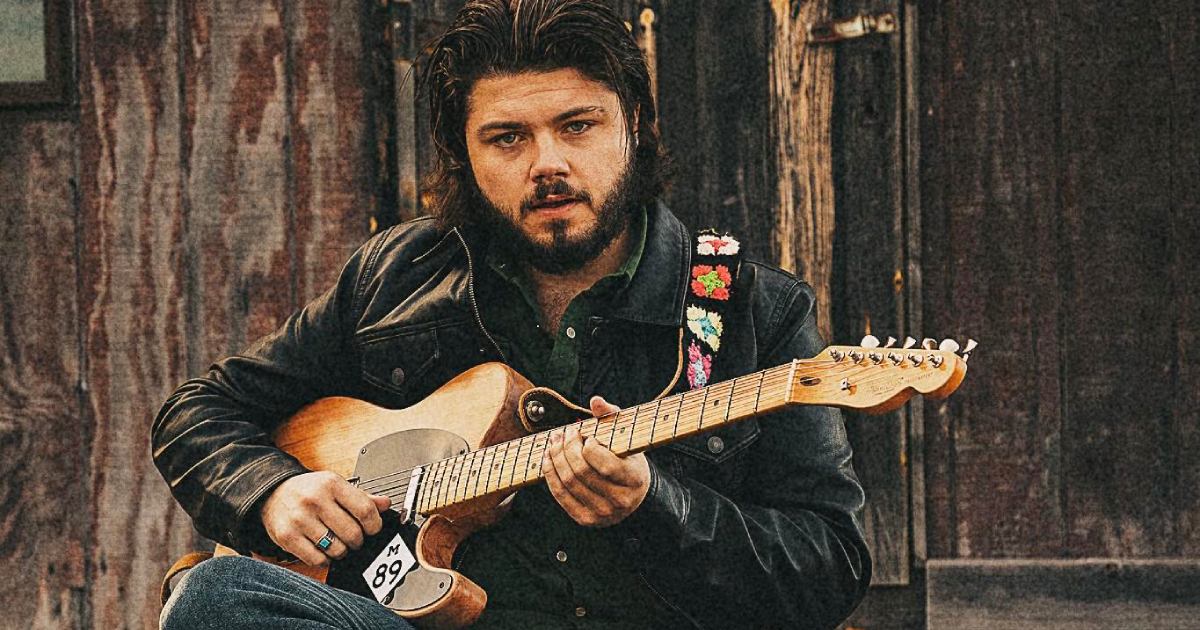Pitchfork Music Festival hit its milestone 10-year anniversary this weekend with three days of non-stop music at Chicago’s Union Park.
From July 17-19, approximately 18,500 fans endured the sweltering 100-degree heat and a heavy down pour on Saturday that caused a 40-minute evacuation of the park. From there, the grounds were soppy and a bit muddy, but fans soldiered on in the name of music and continued to crowd each of the three stages.
Sure, there were some big-name headliners like Wilco, Sleater-Kinney and Chance the Rapper on the roster – but the lineup was also stocked with emerging outfits, like the Danish post-punk band Iceage. The band may look like high-school kids, but the Matador Records-signed band delivered an electrifying, mature set. Iceage is like the kid brother to Joy Division, Jonathan Fire Eater or Demons Claws, it was nice to see such a pissed off batch of punks on a bright and sunny day. Another aggressive post-punk set was delivered by Viet Cong. The Canadian band played cuts from its new self-titled LP, including the band’s blown-out, Scratch Acid-style, single “Continental Shelf.”
But it wasn’t all doom and post-punk gloom, there was a heavy dose of friendly pop acts. Mac DeMarco is the adult-contemporary star it’s OK to like, apparently. It’s the kind of music you can play while you’re parents are in the car. Perhaps DeMarco’s light-and-fluffy tunes are just what today’s youth needs to lighten up the political tension that’s polarized the country? No matter what, the Chicago crowd loved him and his awkward charm.
One band that mixed both light and heavy was Future Islands. The Baltimore-based synth-pop band’s lead vocalist Samuel T. Herring commanded the stage during their Friday set. Over the backdrop of new-wave melodies, Herring would belt out powerful, Bono-level choruses, while occasionally splicing in some borderline death-metal growls. His extreme stage presence was refreshing in contrast to some of the more subdued Pitchfork performers like Kurt Vile and Panda Bear. On stage, Herring moves like a crazed TV evangelist, pounding his chest while holding back tears. No one can say they didn’t earn their guarantee.
Another stand out was The Julie Ruin (Kathleen Hanna’s band). This group is straight forward rock ‘n’roll, much rawer than her last big project, Le Tigre. While it’s for sure rooted in punk, The Julie Ruin occasionally veers off into stompin’ ‘60s garage-band riffs, a refreshing change of pace for Hanna. Pairing nicely with that was Bully, a Nashville-based alt-rock band lead by guitarist/vocalist Alicia Bognanno. Bully’s ‘90s-tastic sound was likely influenced by Hanna’s first band, Bikini Kill. Bully has a new record out on Columbia, but they could’ve fit in just fine on the Sub Pop roster, circa 1989.
On the final day, Sunday, songwriter Courtney Barnett played the “Green Stage” and the Melbourne native quickly captivated the crowd with her earthy brand of poetic rock‘n’roll. Matching her nonchalant delivery was her casual stage attire: a pair of shorts. Barnett’s songwriting has drawn comparisons to Bob Dylan, among other icons, not bad for someone so fresh on the scene (she first gained steam in 2013). While comparing her to Dylan might be a drastic jumping of the gun, Barnett has seemed to tap into the 20-somethings’ mindsets and her set at Pitchfork is further proof of that. Under a boiling-hot sun, thousands mashed together to hear her sing her words and strum her chords. No frills or antics were needed – she just bashed-out well-crafted songs and that’s all her fans were expecting. Barnett might not be on a Taylor Swift level of fame (Swift played two sold out shows over the weekend in Chicago at Soldier Field) and she might not ever saturate the mainstream like Coldplay – but that’s likely not her mission.
Each year Pitchfork seems to program its festival with bands who aren’t riding mainstream trends and Barnett, along with many others on the bill, are shining examples of unconventionality. Sure, some of these acts are tailor made for the hipster sect – but what Pitchfork is not made for is casual music fans. It’s not for people who say “I love all music!” (which we all know means said person doesn’t put much thought into music). It’s a music festival for people who dig a bit deeper for their music and have a defined taste. This year, for the tenth time, Pitchfork delivered the record-nerd goods: There were big names you already knew – and indie bands you should know.





